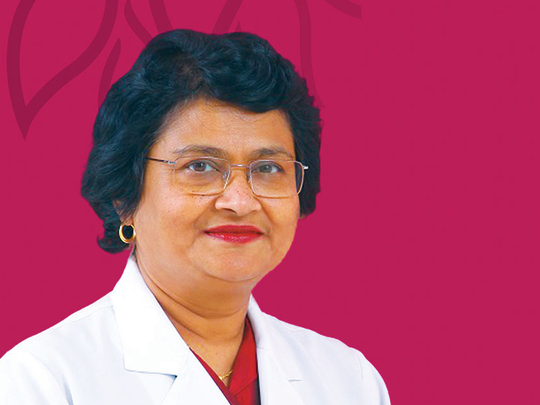
Dubai: Lose weight, exercise regularly, follow a healthy diet -- we make such resolutions every year and 2018 is no different. Interestingly, most people make New Year resolutions relating to health and diet. Therefore, it is very important to know how to maintain a balanced and a healthy lifestyle.
Balance it out: Balancing calories means following a healthy diet that contains all the food groups, making sure it is colored and varied to avoid losing interest, and also giving your body all the important nutritional elements, such as vitamins and minerals.
Organise your meals: It is recommended that you eat controlled quantities in all the 3 main meals. Skipping one meal will make you feel more starved and may cause you to eat a larger portion in the next meal. Light snacks can be taken between the main meals every day.
Eat light and eat right: Start your day with warm water with lemon and honey. Breakfast should include a bowl of oatmeal with nuts and a spoonful of flaxseeds; scrambled eggs with a piece of wholegrain toast, or muesli with yoghurt and berries. Lunch should include steamed, grilled, baked, roasted or sautéed dishes. Dinner should begin with a light soup.Dinner should be light and include carbohydrates, protein and good fats.
Snack it out: Eating a snack between your main meals can prevent you from overeating in the next meal. Therefore, you should make sure you eat some snacks during the day. The healthy snacks should be small meals, containing the nutritional elements that may be lacking in the rest of the meals. Examples of snacks are fresh or dried fruits, vegetable slices, such as carrots or cucumbers, raw nuts or milk (low-fat) and some dairy products or a dark chocolate (30 grams) which is the amount allowed per person per day. Even if your options are healthy, do not take excess quantities of them.
Eat slowly: Take time to savour every mouthful of food – opt for smaller bites and chew slowly. The brain takes 15-20 minutes to realise that your stomach is full, meaning by dessert time you are unlikely to overeat.
Eat the ‘good for you’ options first: Starting your meal with a bowl of clear broth or green salad will mean that you are fuller by the time you progress to the stuffed turkey and mashed potatoes and finally dessert.
- The author is clinical dietician at Burjeel Hospital











